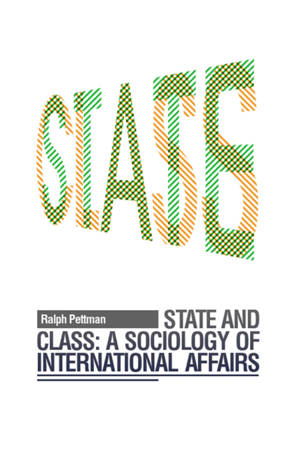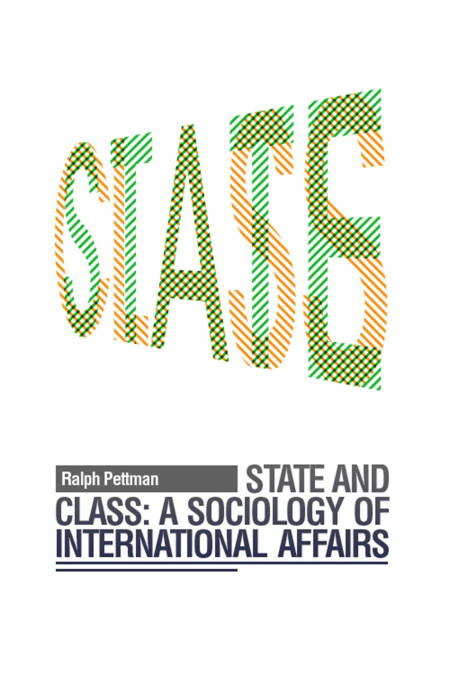
- Retrait gratuit dans votre magasin Club
- 7.000.000 titres dans notre catalogue
- Payer en toute sécurité
- Toujours un magasin près de chez vous
- Retrait gratuit dans votre magasin Club
- 7.000.000 titres dans notre catalogue
- Payer en toute sécurité
- Toujours un magasin près de chez vous
11,49 €
+ 11 points
Description
International affairs are most commonly explained in terms of the flow of diplomatic traffic and the wealth-springs of foreign policy. This study complements the conventional debates with one cast in terms of an emerging world society.
The fundamental social structures found there, of both the state and social class, are predicated in turn upon the fundamental forces of industrialisation and modernisation, and the general pattern and shape these now give to the process of global change.
Such a comprehensive approach is essentially a sociological one, and in emphasising the importance of both state-formation and class-formation in international affairs, it attempts to redress a radical imbalance in our understanding of how the world works.
Spécifications
Parties prenantes
- Auteur(s) :
- Editeur:
Contenu
- Langue:
- Anglais
Caractéristiques
- EAN:
- 9781301779772
- Date de parution :
- 26-02-13
- Format:
- Ebook
- Protection digitale:
- /
- Format numérique:
- ePub







